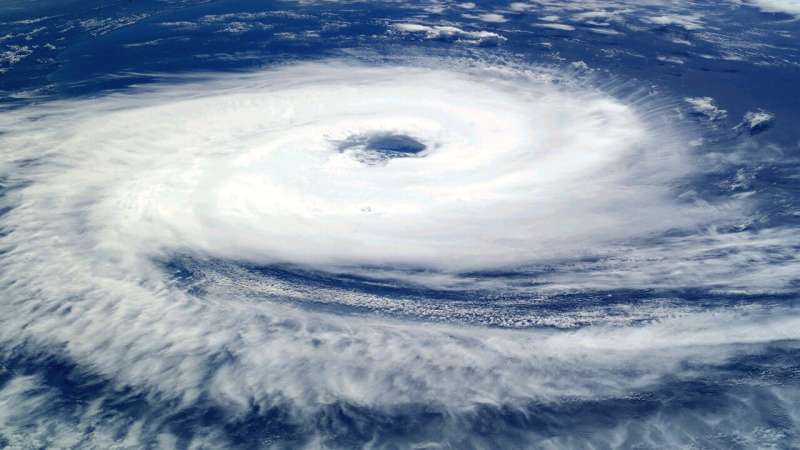This article has been reviewed according to Science X's editorial process and policies. Editors have highlighted the following attributes while ensuring the content's credibility:
fact-checked
peer-reviewed publication
trusted source
proofread
Study quantifies $562M in financial risk from Hurricane Florence

When Hurricane Florence made landfall on North Carolina's coast in 2018, it brought record rainfall causing catastrophic flooding and damages to communities across the eastern portion of the state.
Estimating the financial impacts of household flooding is complex because direct damages often snowball into other financial risks, like a decrease in property value or loss of equity. Generally, post-disaster damage assessments focus on insured and uninsured losses, but these numbers do not account for the secondary impacts to households, lenders, local governments and other stakeholders who may also share in the financial consequences if a property owner defaults on their loan or abandons their property.
A new study published in Earth's Future by researchers at the University of North Carolina at Chapel Hill estimates $562 million in previously unquantified financial risks arising from property value changes and uninsured flood damages in eastern North Carolina as a result of Hurricane Florence. The research team developed a new modeling framework using data on homes sales, mortgage loans and insurance claims to predict risk of mortgage default and abandonment. These predictions can be used by policy makers and stakeholders to create more effective and equitable strategies for community resilience after a disaster.
"The financial risks imposed in eastern North Carolina by this single hurricane exceed $500 million, compared to roughly $300 million in insured losses, and have not been estimated nor previously considered in flood-related recovery efforts," said Greg Characklis, W.R. Kenan Jr. Distinguished Professor, as well as a co-author of the study and director of the Center on Financial Risk in Environmental Systems (CoFiRES), a joint center of the UNC Institute for the Environment and Gillings School of Global Public Health. "This work evaluates flood-related financial risk in a new way that extends the analysis beyond just an assessment of the insured and uninsured losses that property owners experience as a result of a flood."
The team found higher-value homes posed the highest-risk to lenders because of higher unpaid mortgage balances. Lower-value properties, however, posed a disproportionate financial risk to local government because uninsured flood damages more often exceeded the value of a home, leading to higher potential for abandoned properties that require maintenance or demolition.
"This suggests that state-level policies such as targeted incentives for purchasing federal flood insurance at lower-value properties, could keep many more people in their homes following a flood and prevent the cascade of financial risk to other stakeholders, such as local governments," said Hope Thomson, a former graduate student in CoFiRES, and the paper's lead author.
The team also suggests stakeholders recognize social equity implications after a flood. Their findings are consistent with other studies that suggest disasters exacerbate existing financial inequities. For example, those most at risk of defaulting on their mortgage or abandoning their property may be the least able to purchase flood insurance or qualify for loans to repair damaged homes, which can perpetuate negative consequences for those individuals.
"We find that the financial risk varies significantly across eastern NC and within communities," said UNC faculty member Antonia Sebastian, another co-author. "This type of analysis could assist federal and state efforts to target areas most in need of financial relief in the wake of a hurricane, or to take preemptive steps that make the most vulnerable areas more resilient."
More information: Hope Thomson et al, Systemic Financial Risk Arising From Residential Flood Losses, Earth's Future (2023). DOI: 10.1029/2022EF003206
Journal information: Earth's Future
Provided by University of North Carolina at Chapel Hill




















